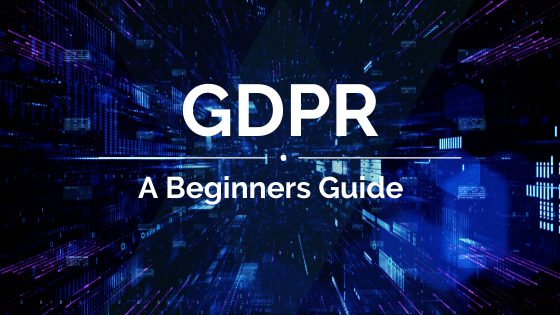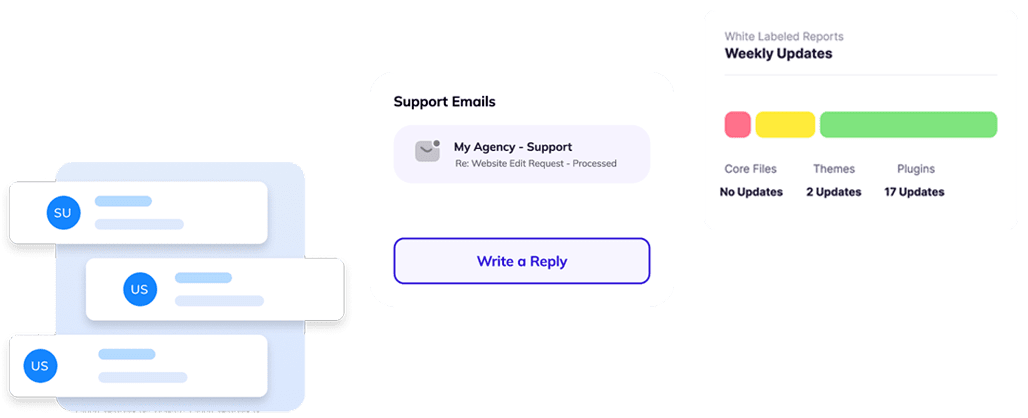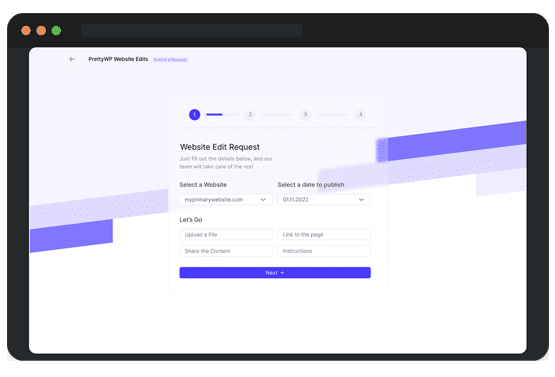Understanding GDPR Compliance: A Step-by-Step Guide

The General Data Protection Regulation (GDPR) is a regulation created by the European Union (EU) in 2016 to protect the personal data of its citizens. The GDPR came into effect on May 25, 2018, and it applies to all businesses that process the personal data of EU citizens, regardless of their location. The regulation aims to give individuals more control over their personal data and to strengthen the privacy rights of EU citizens.
If you’re new to GDPR, here’s a beginner’s guide to help you understand its key principles and requirements.
What is GDPR?
The General Data Protection Regulation, better known as GDPR, is a set of regulations implemented by the European Union (EU) in 2018. It is designed to protect the personal data and privacy of EU citizens by establishing guidelines for the collection, processing, and storage of data. GDPR applies not only to businesses based in the EU but also to any organization worldwide that collects or processes data from EU citizens.
Why is GDPR Compliance Important?
GDPR compliance is crucial for several reasons:
- Avoid hefty fines: Non-compliance with GDPR can result in significant fines of up to €20 million or 4% of the company’s global annual turnover, whichever is higher. Compliance is essential to protect your business from financial liabilities.
- Build trust with your customers: Being GDPR compliant demonstrates your commitment to protecting your customers’ personal data. It helps build trust and credibility with your audience, which is especially important for bloggers, small business owners, and e-commerce websites.
- Expand your global reach: GDPR compliance allows you to operate seamlessly within the EU market. By adhering to these regulations, you can expand your customer base to include EU citizens, opening up new opportunities for growth.
Key Elements of GDPR Compliance
Achieving GDPR compliance involves taking specific steps to ensure the proper handling of personal data. Let’s break down the essential elements:
1. Consent
Under GDPR, obtaining explicit and informed consent from individuals before collecting their personal data is crucial. The consent should be freely given, specific, and easily withdrawable. To ensure compliance, consider implementing the following:
- Clearly communicate your data collection practices and purposes.
- Use easy-to-understand language when requesting consent.
- Provide an option for users to withdraw their consent.
2. Data Breach Notification
If a data breach occurs, businesses must inform the relevant supervisory authority and affected individuals within 72 hours. To meet this requirement, follow these steps:
- Implement proper security measures to minimize the risk of data breaches.
- Create a data breach notification plan with clear procedures.
- Regularly monitor and audit your website for any potential vulnerabilities.
3. Right to Access, Rectification, and Erasure
Individuals have the right to access, rectify, and erase their personal data. To fulfil these rights, consider implementing the following practices:
- Provide individuals with an easy way to access their data and update any incorrect information.
- Have systems in place to erase personal data upon an individual’s request.
- Regularly review and delete obsolete or unnecessary personal data.
4. Data Protection Officer (DPO)
Depending on your organization’s size and data processing activities, appointing a Data Protection Officer may be mandatory. A DPO is responsible for overseeing data protection strategy and ensuring compliance. If applicable, consider these steps:
- Designate a knowledgeable and experienced individual as your DPO.
- Clearly define the roles and responsibilities of the DPO within your organization.
5. Privacy by Design and Default
Privacy should be considered from the early stages of developing your website or digital product. Implement privacy safeguards by:
- Minimizing the personal data collected to what is necessary.
- Ensuring data protection measures are in place by default.
- Regularly reviewing and updating your privacy policies.
Final Thoughts
GDPR is a crucial regulation that businesses must take seriously. Compliance with GDPR can help businesses gain the trust of their customers, protect their reputations, and avoid hefty fines. By understanding the key principles and requirements of GDPR, businesses can implement appropriate measures to ensure compliance with the regulation and protect the personal data of EU citizens. The GDPR is a complex regulation that has significant implications for businesses that process the personal data of EU citizens. Failure to comply with GDPR can result in hefty fines and damage to a business’s reputation. It’s crucial for businesses to understand the key principles and requirements of GDPR and implement appropriate measures to ensure compliance. This guide serves as a starting point for businesses looking to understand the basics of GDPR.



